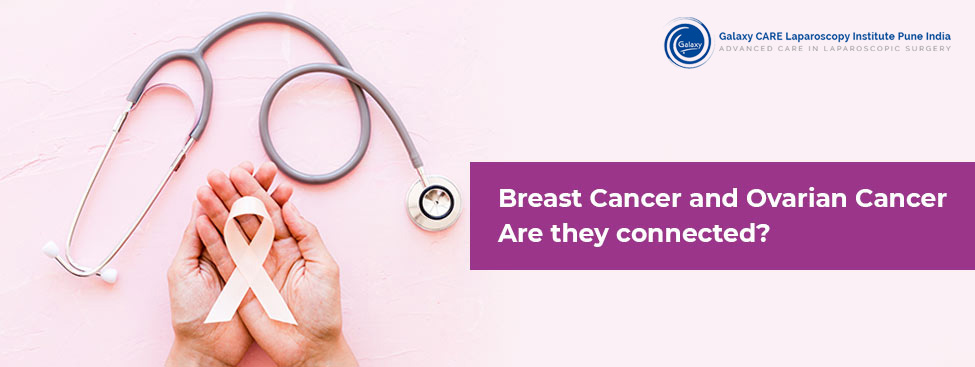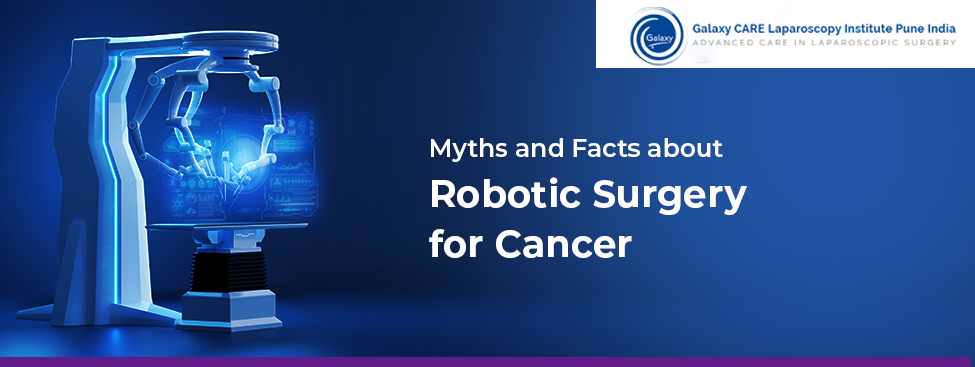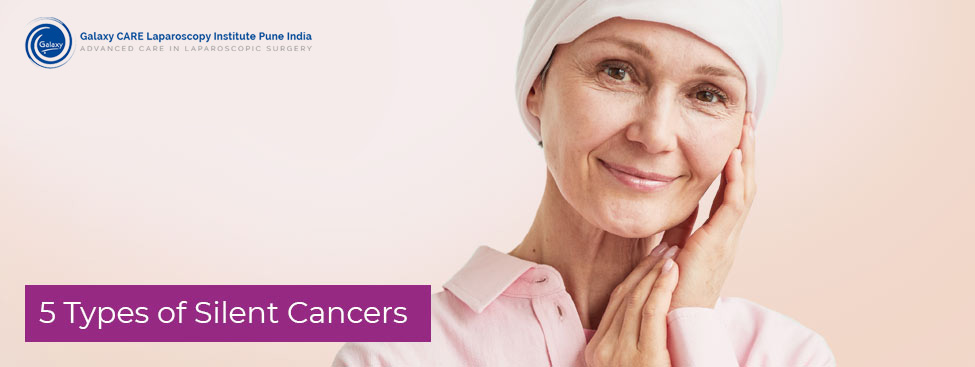
Breast Cancer and Ovarian Cancer- Are they connected?
Well, mutations in growth control genes are a major cause of cancer. Researchers have been exploring the relationship between breast and ovarian cancer for years. Now, they have discovered sufficient indications to prove a correlation between the two. This association is valuable in the prevention of metastases and the establishment of novel cancer treatments.
Breast Cancer and Ovarian Cancer
The risk of breast cancer rises because of a mutation specifically genes, BRCA1 and also BRCA2, which may be due to family. Breast Cancer is likely to affect females with BRCA1 and BRCA2 gene variants. Genetic screening can assist in finding these mutations. In addition, there is unidentified genetics that may add to breast cancers.
Similarly, ovarian cancer is a threat in females with a BRCA1 and BRCA2 mutation following breast cancer. Furthermore, alterations in hereditary make-up in the family may result in ovarian cancers.
Genetic Interaction
Hereditary cancer risks for ovarian as well as breast cancer are highest possible when pathogenic (harmful) mutations are found in the BRCA1, BRCA2 and (BRCA1/2) genes. Such mutations in these genetics make up about 6% of breast cancer cases and approx 20% of all ovarian cancer cases.
In breast and ovarian epithelial cells, the expression of BRCA1, as well as BRCA2 genetics, occurs. They manage the fixing of a specific type of DNA damage. As a result, if there are any type of mutations or damage to BRCA1 or BRCA2, it fails to repair DNA damage properly, resulting in elevated risks of breast cancer cells.
Hormonal Interaction
Administration of hormone replacement therapy for menopause signs increases the likelihood of developing ovarian cancer. There is, nonetheless, a decline in the risk once the therapy is stopped.
Estrogen, progesterone as well as androgen hormones regulate the onset of carcinogenesis by interacting with unique hormonal agent receptors in the body. Additionally, hormone treatments are typically made to deal with and manage hormone-related conditions, such as cancer.
Women exposed to estrogen, whether it is synthesized inside the body or from outside resources, have an increased risk of breast or ovarian cancer. Expression degrees of the genes BRCA1, as well as BRCA2, are at their highest possible during pregnancy and the age of puberty when estrogen levels are high.
What are the Options?
Recognising the danger of cancer connected with anomalies in the BRCA1 and also BRCA2 genes is crucial for affected females and also their clinical team to make the most effective wellness choices feasible. Galaxy Care Hospital, the best cancer hospital in Pune, strongly suggest getting genetic counselling to aid people with cancer.
After counselling concerning the specific cancer risks, mastectomy may be suggested for the breast cancer patient.
Chemoprevention is one more therapy alternative. Chemoprevention is a term that describes the use of certain drugs to reduce the chance of obtaining breast cancer cells.
The restorative administration of cancer cells may require a multidisciplinary team of medical professionals. It consists of oncologists in Pune, who are experts in detecting and treating cancer, radiation oncologists, oncology nurses, and also other health care experts.
Final thought
Although there has been intense research on breast and ovarian cancer across the world, these are the most common causes of death amongst women. Determining differences will assist researchers to discover connections between breast and also ovarian cancer cells. Furthermore, it will certainly lead to new approaches to screening the condition as well as help them know exactly how these two cancer cells spread.
We hope this blog is insightful in your search for the relation between Breast Cancer and Ovarian Cancer. Galaxy Care Hospital, being the best cancer hospital in Pune, is always here to help with a wide range of cancers. We are well-equipped and have the best oncologists in Pune to help you fight cancer and win. Feel free to get in touch and consult our team of cancer experts.


